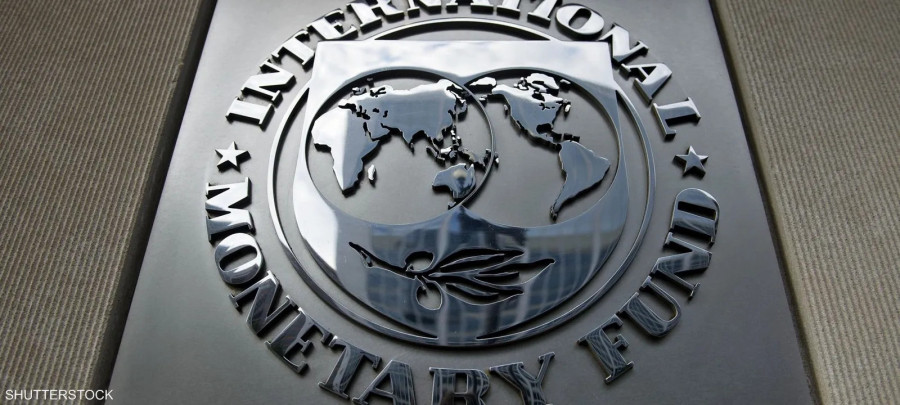The International Monetary Fund agreed, on Wednesday, to release a new $4.7 billion to Argentina, praising the performance of President Javier Milley, who is pursuing a bold cost-cutting policy to put the country's faltering economy back on track.
The IMF said in a statement that the new payment brings to $40.6 billion what was sent to Argentina within the framework of a $44 billion aid program aimed at supporting the strong efforts made by the new authorities in setting policies to restore macroeconomic stability.
International Monetary Fund President Kristalina Georgieva praised the government's bold actions to restore macroeconomic stability and...address long-standing impediments to growth.
Milley, who describes himself as an anarcho-capitalist, took office as president in December, pledging to cut spending and end the decades-long economic crisis in South America's third-largest economy, where the annual inflation rate exceeds 200 percent.
But his cost-cutting measures have also sparked backlash and protests, with Argentines fearing they will impose significant burdens on them.
Milley began his work by devaluing the peso by more than 50 percent, reducing government fuel subsidies, as well as reducing the number of ministries by half, and repealing hundreds of laws in order to liberalize the economy.
The IMF announcement came on the same day that the House of Representatives of the Argentine Congress began a marathon session that could take several days to discuss the huge reform bill proposed by Milley.
His massive reform package addresses all areas of public and private life, from privatization to cultural issues, the penal code, divorce and the status of football clubs.
Thousands of demonstrators gathered outside Congress headquarters to express their dissatisfaction with these reforms, and some of them clashed with the police, who cleared nearby roads and used tear gas, according to Agence France-Presse reporters.
The Milli Libertad Avanza party does not have a majority in Congress, and moderate opposition representatives have warned that they will seek to impose further amendments to its reforms, especially with regard to delegating special powers to the executive branch in the event of an economic emergency, as well as privatization.






































